With the global pandemic raging, countries in Europe and the Americas are fighting to get every last piece of personal protective equipment (PPE) they can.
Tensions are high and the U.S. has reportedly been “paying far above the market price for medical-grade masks,” and employing “Wild West” tactics to acquire them, sparking outrage among allies, according to Reuters.
Raw materials, like melt-blown fabric – which makes up the masks’ inner filtration layer – are in short supply.
This is slowing production down and driving costs way up. Many people are trying to acquire the same goods at the same time and some unscrupulous brokers and middlemen are taking advantage of the situation.
If you are sourcing masks and respirators, you may be in a frenzy trying to get the masks you need, and this can be stressful.
Despite all this, it is important to take the time needed to make good decisions and approach every PPE deal cautiously. You need to focus on the fundamentals of sourcing so that you can get the PPE that meets your requirements without getting taken advantage of.
Let’s talk about three fundamentals you should keep in mind.
Fundamental #1: Do Your Due Diligence
The first thing you need to do is to properly qualify any supplier you are thinking about working with.
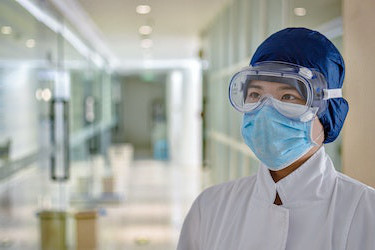
Make sure that the PPE supplier has all necessary licenses
At a bare minimum, you need to be sure the factory has all the necessary licenses in the country of manufacture. They may have temporary emergency licenses from the government, and this can be ok, as long as they are legitimate.
Ask them to provide copies of their business license which, in China, includes information about their scope of business.
Consider that if they are a small electronics factory and they just started producing masks in February, this new product is not very closely related to their previous ones. How realistic is it that they would be able to make these new products well?
Do they really have the necessary approval? Maybe.
For an apparel factory, on the other hand, it is not as big of a leap to make.
Ask them to provide all licenses, as well as export and manufacturing permits, and verify them through the official online portals in the country.
Also, keep in mind that import restrictions and relaxations are constantly evolving right now. You should keep an eye on them. For example, in the U.S. you can follow the FDA’s Emergency Use Authorization (EUA) information.
Fundamental #2: Set the Right Terms
Unfortunately, some importers have recently been taken advantage of by fast-talking middlemen.
PPE like gowns, gloves, and masks are in huge demand and, since there are not enough raw materials to make all of them, prices have gone way up. Importers are stressed and have become more susceptible to sneaky tactics.
There have been cases where suppliers asked for 100% down, the buyer accepted, and then nothing was ever delivered.
You should never pay 100% up front.

Slow down and negotiate appropriate terms for your PPE deal
The situation may be urgent, but you should still be able to get terms where a down payment is made (i.e. 50% down with purchase order and 50% upon shipment).
Remember that, as always, if something seems too good to be true, it probably is. If a particular product is scarce and someone comes along and tells you they have large quantities of it at a low price, it should raise huge red flags.
Also, be sure that payment terms and all other necessary details are clearly specified in your purchase order.
If you do not submit a clear and detailed purchase order, it screams “I am an amateur!” and leaves you open to getting taken advantage of by a dishonest factory.
In a time of crisis, you must remember the basics. Don’t get suckered in by terms that are too far out of the ordinary.
Fundamental #3: Focus on Product Quality
At Insight, we always tell our customers that “Product quality begins with the buy.”
This means that you need to get a good understanding of the product you are sourcing – you should know it inside and out.
It also means that you need to:
- Provide detailed specifications to the factory
- Get approval samples from them, and
- Set the expectation that you will conduct third-party product inspections.
With all the factories that have just switched over to PPE in the last couple of months and the current state of crisis in the world, quality control is more important than ever in China and other low-cost countries.
Do not put yourself in a position to fail by not taking the proper steps to ensure quality control.
Key Takeaways:
Take a cautious approach to PPE sourcing if you want to make the best decisions and get the best possible results.
The world is in a crisis right now, and the urgency of the situation is causing many people to make fundamental mistakes in their sourcing endeavors.
Stick to the fundamentals of good sourcing – do your due diligence with suppliers, set the right terms with them, and always focus on product quality. This way, you can avoid getting taken advantage of and get the products you need in the condition you expect.
If you are working with a new factory and want to learn more about how to conduct a product inspection, we recommend downloading the following guide.
Free Guide
How to Prepare for a Factory Audit
A factory audit helps you assess a supplier's systems, capacity, workplace environment, or capabilities to ensure they meet your requirements as a buyer.
But which type of audit should you conduct, and which points should you cover on your checklist? In this free guide, you'll learn how to run an effective supplier assessment.

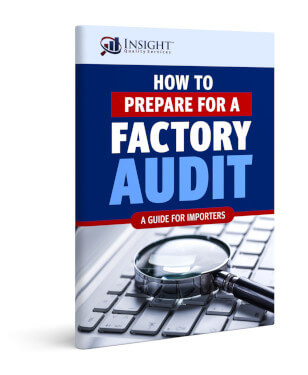
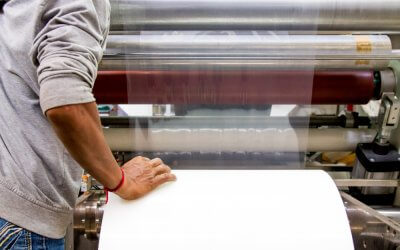
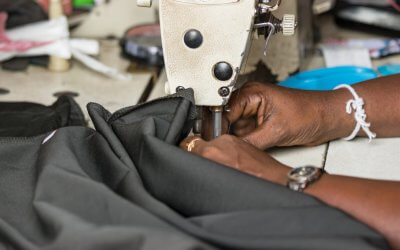
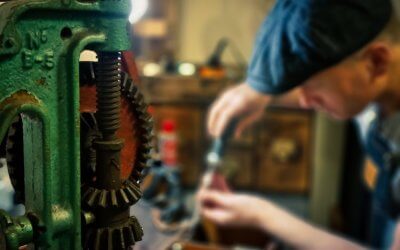
A time demanding article. This article discussed mainly about Chinese manufacturing process which is applicable for Bangladesh too. But if you are thinking to manufacture PPE and woven or knitted fabric-made face mask by regular garments manufacturer and exporters n Bangladesh that should be okay as they have in-dept knowledge of quality and other term of their exportable goods.